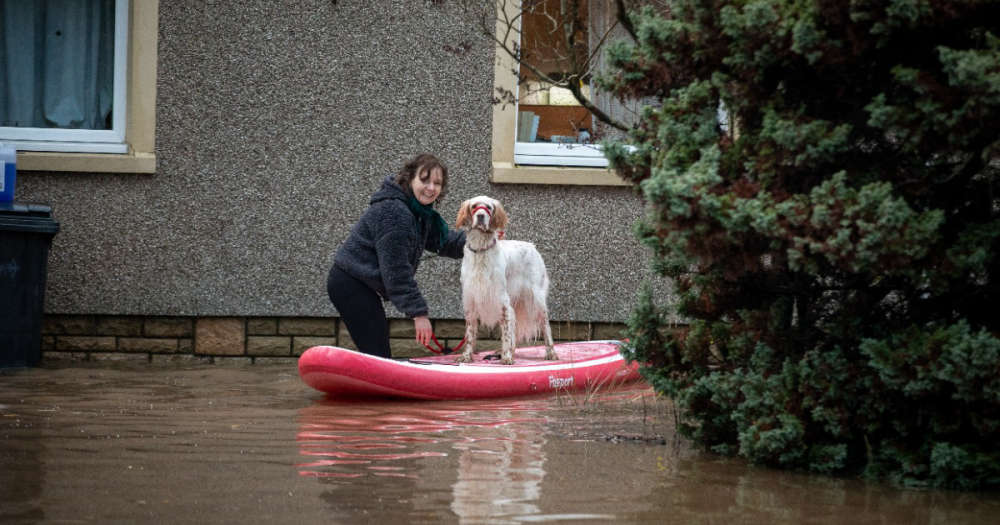
Parents in Scotland are being urged to take young children for regular eye tests to give them the best start in life.
According to a study carried out by the Association of British Dispensing Opticians, 85% of parents admit to not knowing much about getting their children’s eyes tested.
Stephen Hannan, clinical services director at Optical Express, warned that young children with poor vision may not realise they have a problem because they do not know any different.
If untreated, poor vision can cause serious difficulties in learning and in some cases may cause sight defects that cannot be corrected.
Stephen said: “Vision problems can often be the reason why children don’t perform well in school. Children who can’t see properly are at a significant disadvantage when learning to read and write.
“Children as young as three years old should have eye tests at least every 12 months to determine if there are any visual development problems. The earlier a problem is detected the more chance there is of achieving successful correction.”
The most common visual problem found in young children is amblyopia – known as lazy eye – in which the vision in one eye is comprised because the eye and brain are not working together properly. Causes include strabismus - an imbalance in the muscles that position the eye, leading to a ‘squint’ or ‘turn’ - and a difference in prescription between both eyes.
Interventions include glasses and covering the strong eye with patches or blurring it with eye drops to encourage use of the lazy eye. If left untreated, lazy eye can lead to a child’s stronger eye becoming dominant with the brain eventually ignoring images from the weaker eye, causing permanent vision loss.
Stephen added: “I would strongly urge all parents to ensure young children see an optometrist, especially very young children in early years education. Parents may think their children are okay because they’ve had an eye test at nursery or school but these are not as extensive as those performed by a qualified optometrist.
“There is no such thing as being too young for an eye test. The key period for visual development is typically to the age of about seven or eight years old so getting children’s eyes tested at three is the best way of averting any possible problems.”
Children with a family history of lazy eye are most susceptible to the condition.
All children up to the age of 16 are entitled to a free eye test.


 Cupar Hearts win Scottish Amateur Cup Final
Cupar Hearts win Scottish Amateur Cup Final
 Financial support to be offered to flood-hit Cupar
Financial support to be offered to flood-hit Cupar
 Man, 64, in hospital after serious assault in Inverkeithing
Man, 64, in hospital after serious assault in Inverkeithing
 15°C
15°C
 16°C
16°C